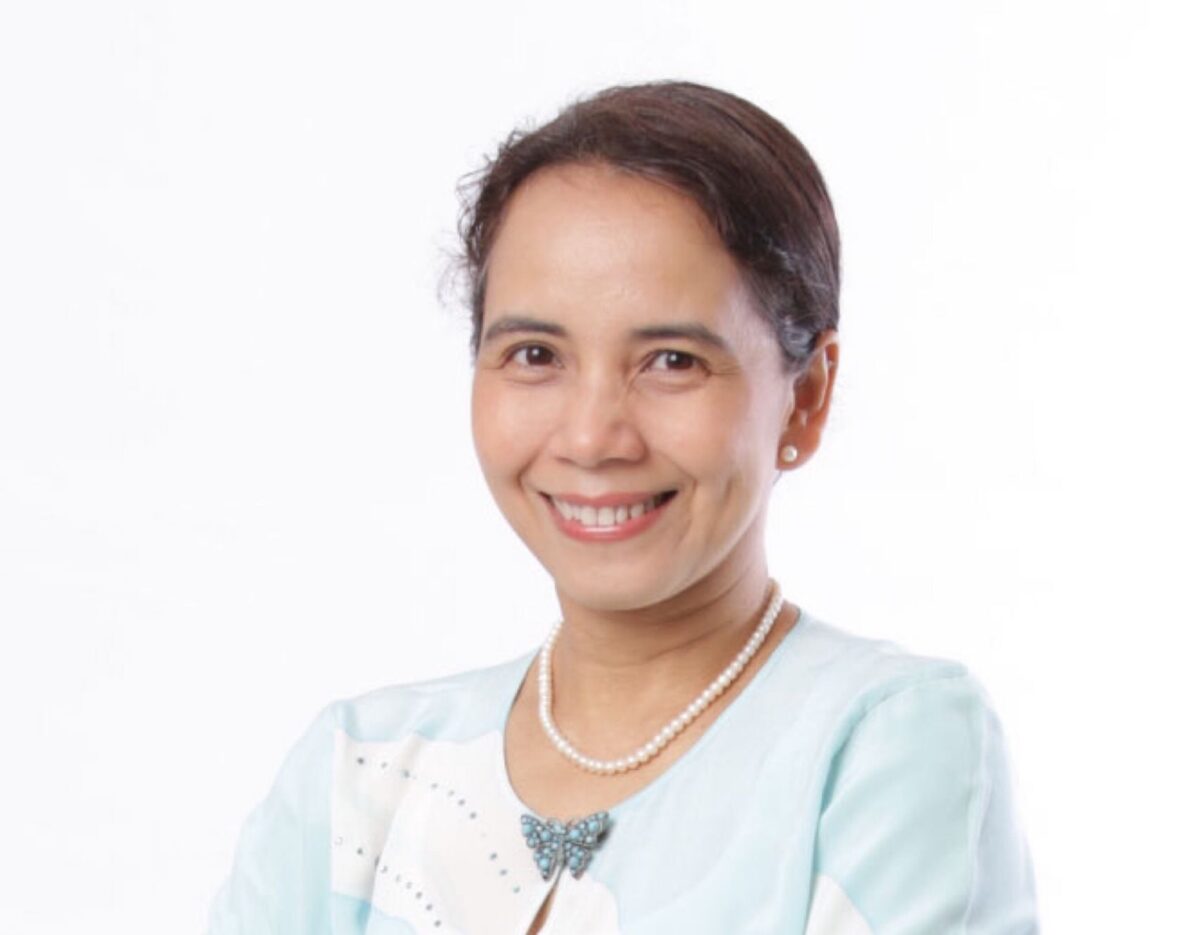KUALA LUMPUR, Sept 8 — Atopic dermatitis, a chronic inflammatory skin condition, is greatly misunderstood in Malaysia, reveals the More Than Skin Deep: Atopic Dermatitis in Malaysia report.
Citing low awareness and persistent misconceptions that contribute to delayed diagnosis and poor management of the condition, the #UncoverLife: Atopic Dermatitis, More Than Skin Deep campaign aims to rally patients, caregivers and health care professionals to break free from the condition and #UncoverLife.
The campaign is organised in conjunction with World Atopic Dermatitis Day celebrated on September 14, 2021, by the Dermatological Society of Malaysia (PDM) in collaboration with award-winning Malaysian comic artist Erica Eng and the Malaysia Eczema Society.
Speaking about the campaign, PDM president Dr Noor Zalmy Azizan said: “There is a great need for awareness among patients and public as misconceptions can get in the way of people seeking medical advice and treatment. To help dispel falsehoods about atopic dermatitis and shed some light on what patients go through, we have partnered Malaysian artist Erica Eng to develop a webcomic series so that others can see atopic dermatitis from a patient’s perspective. By presenting the condition in a visual and easy-to-understand medium, we hope more patients will seek proper diagnosis and care so they can experience better quality of life and support from others. This is why our campaign name is also a call to action for patients with atopic dermatitis to #UncoverLife.”
The webcomic series reveals the trials, tribulations and triumphs of Shomendra, Elaine, and Iris in their personal journey towards overcoming the physical, emotional and social challenges of managing atopic dermatitis.
With over 20 per cent of Malaysian children affected by atopic dermatitis and many continuing to experience symptoms well into adulthood, the #UncoverLife campaign is relevant to a significant portion of the Malaysian population.
“While the true prevalence of atopic dermatitis is unknown as many patients remain undiagnosed, we do know that atopic dermatitis affects patients in many ways, from their physical appearance to their mental health, and it also affects their ability to study and work. However, most people don’t understand the burden of living with atopic dermatitis,” said Dr Peter Ch’ng, PDM executive councillor and chairman of the Cosmetic Dermatology and Laser Medicine Board.
“Apart from visible signs such as dry, flaking skin or a scale-like appearance that causes people to stare, atopic dermatitis can also cause intense itching that is difficult to ignore and keeps patients from sleeping well, while those with cracked skin on their hands and feet find even basic, daily tasks to be a challenge,” he added.
In recognition of this, the report also highlights the need for improved support networks for patients. It recommends the formation of a national patient support group to offer emotional and psychological support in coping with issues like loneliness and social stigma.
Such a group would also play an important role in providing credible information and helping to dispel myths.
“A lot of well-meaning advice isbased on myths that areperpetuated online. Many patients are still told that atopic dermatitis is just a simple skin condition that is easily cured with this remedy or that, or they are treated like outcasts because others believe it is contagious or caused by poor hygiene. This takes a heavy toll on a patient’s mental health,” explained Dr Leong Kin Fon, advisor to the Malaysia Eczema Society.
“This is why patients need more understanding and support, which should come from a consolidated source such as a national patient support group that consists of fellow patients, with advice from a relevant medical body such as the PDM,” he added.
Experts agree that peer support works hand in hand with effective treatment and management of the disease.
“Fellow patients can be a good source of assistance for others, encouraging them to get a proper diagnosis,seek medical advice, and comply with treatment so that they can manage their condition well. Furthermore, as atopic dermatitis is a complex condition that affects each patient differently, patients with moderate-to-severe atopic dermatitis may benefit from additional forms of therapy, such as biologics that are prescribed by specialists,” continued Dr Ch’ng. “This underscores the importance of diagnosis and treatment, without which patients may not experience significant improvement in the severity of their symptoms.”
Comic artist Eng, who developed the webcomic series, can relate to this as she has first-hand experience with atopic dermatitis.
“I know what it feels like – the discomfort, the itching, the sleeplessness, the inconvenience of it all. At first, I didn’t even know what it was, and it was a relief to be diagnosed so that I knew what to do about it. My experience allowed me to empathise with the patients whose stories are told in the web comics, and it is my privilege to be able to help spread awareness about atopic dermatitis while sharing their insights about living with the disease and how it impacts hem,” said Eng.
“I hope that everyone who reads the comics will have a better understanding of how patients feel and the challenges they face, and share the comics widely for others to learn as well,” she added.
The #UncoverLife webcomic series is available on this microsite.
Find out more about atopic dermatitis from the Malaysia Eczema Society Facebook page or click here to find a dermatologist.








